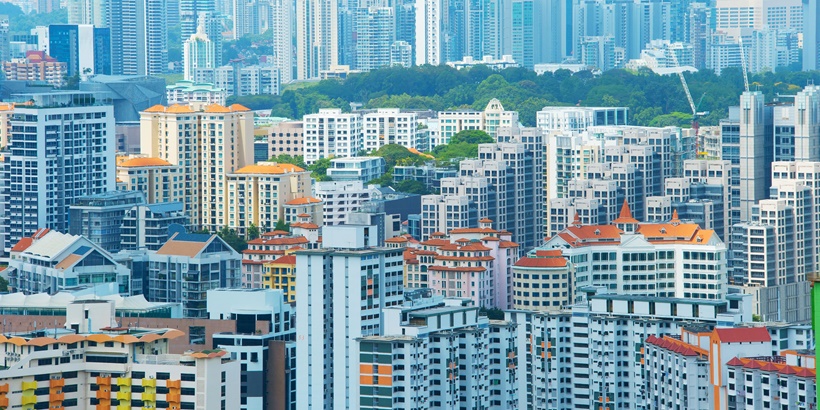May saw some 484 new sale caveats, up 81.3% from April’s 267 new sale caveats.
Singapore’s real estate market showed signs of life with 967 caveats in the private residential sector from 7 April to 1 June, said Knight Frank. This is despite the circuit breaker measures which restricted physical interactions and the closure of showflats.
Of the 967 caveats lodged, 577 were new sales, 380 were resale transactions and 10 were sub-sales.
Recommended article: Quick Guide to Everything You Need to Know About Sub-Sale
Leonard Tay, Head of Research at Knight Frank Singapore, noted that the circuit breaker from 7 April to 1 June imposed stringent measures on human movement and work activities, “making it challenging for real estate transactions to materialise”.
In fact, overall monthly demand during April and May was down compared to the first quarter of 2020 when 4,162 caveats were registered, or a monthly average of about 1,387 caveats.
“It seemed that when Singapore entered the circuit breaker in April, the worst was to be expected with 324 caveats during the three weeks from 7 April to 30 April. Combined with the 303 caveats in the first week of April, this amounted to a total of 627 transactions during the month,” said Tay.
However, new home buyers seem to have “adjusted to this new situation and turned to their computers and devices in May to conclude deals”.
Recommended article: Someone Bought A $2.2M House Without Even Viewing It, Can You Do It Too?
According to Knight Frank, 643 caveats were recorded in May, up 2.6% from April.
Tay observed that the “new home sales volume that dominated private residential transactions in May, notwithstanding the closure of showflats during that period, is somewhat counter-intuitive to conventional sense”.
May also saw some 484 new sale caveats, up 81.3% from April’s 267 new sale caveats.
“It could be that many of these new home buyers who sealed the deal in May had already been to the showflats prior to the circuit breaker, and weeks thereafter of staying at home helped in some measure towards a decision-making purchase. It could be that other buyers were confident enough to make a purchase with only the aid of online visuals and information,” said Tay.
“Regardless of the reasons, homebuyers have exhibited a degree of adjustment and adaptation to the prevailing circumstances, in a time of COVID-19.”
Looking for a property in Singapore? Visit PropertyGuru’s Listings, Project Reviews and Guides.
Victor Kang, Digital Content Specialist at PropertyGuru, edited this story. To contact him about this or other stories, email victorkang@propertyguru.com.sg
